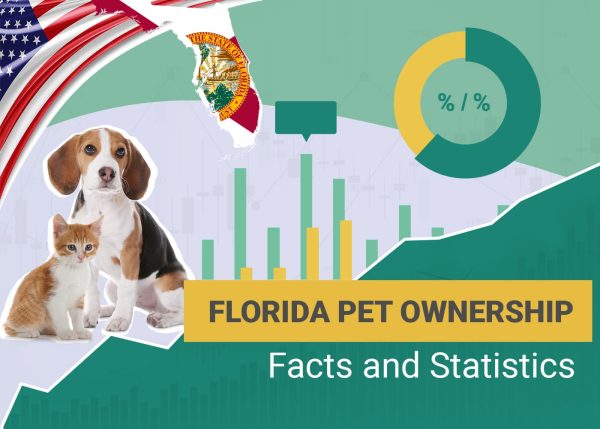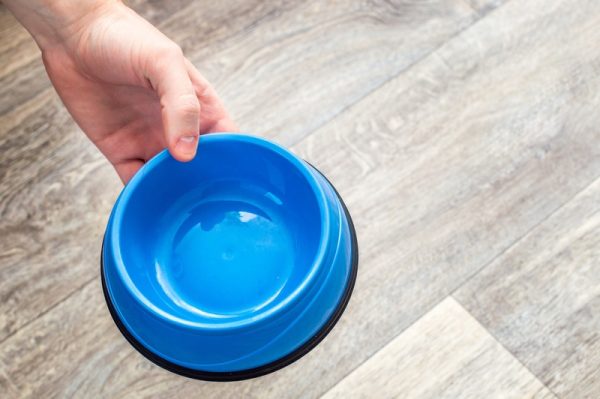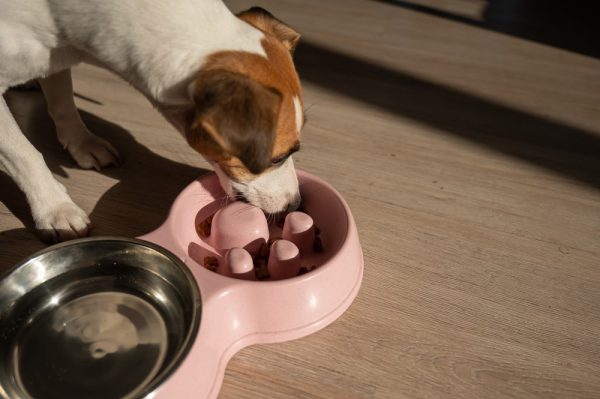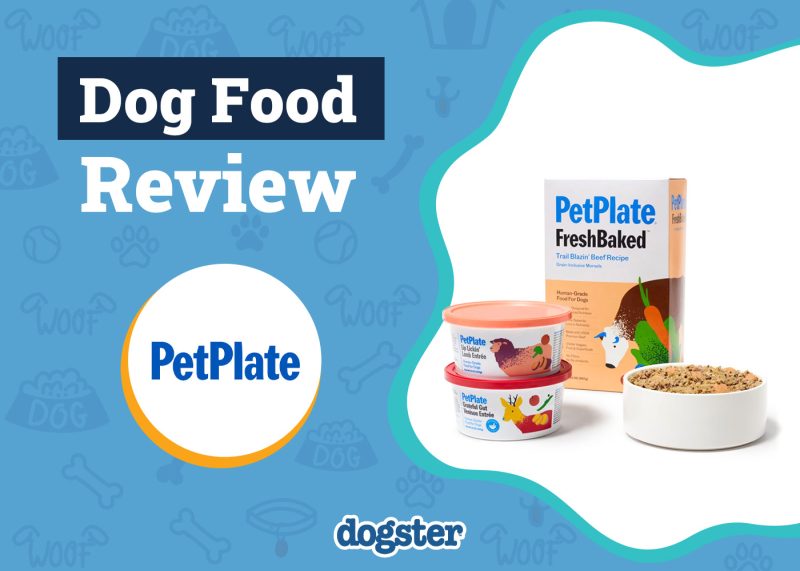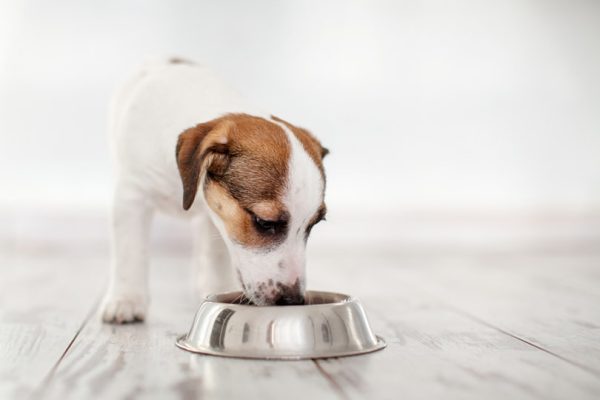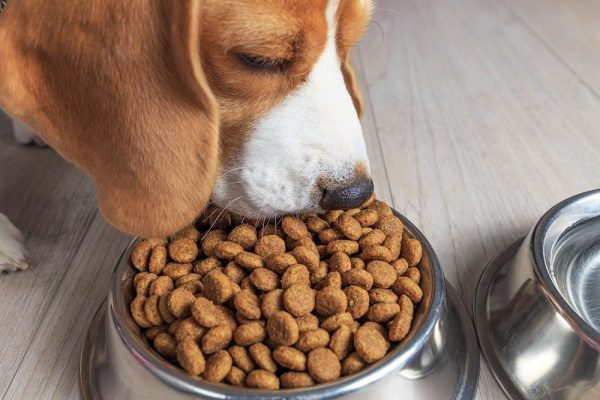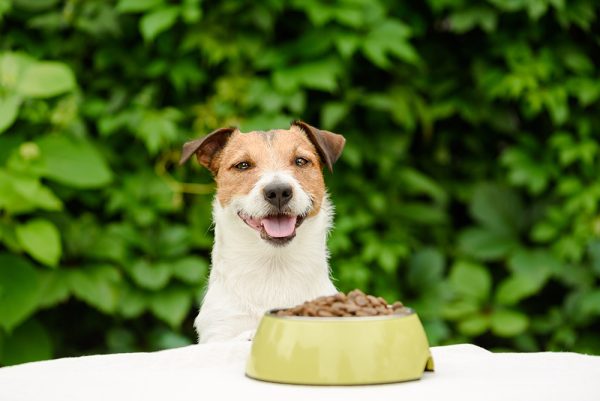Dog owners, brace yourselves! The food your beloved canine companion eats on a daily basis might contain a controversial ingredient – ethoxyquin. This synthetic antioxidant, commonly used as a preservative in dog food, has sparked heated debates among pet enthusiasts and experts alike. The controversy about ethoxyquin in dog food arises from concerns about its potential health impacts on dogs. Despite being FDA and AAFCO-approved, the potential health implications of ethoxyquin have raised eyebrows and questions. Is it safe? Why is it used? Are there alternatives? Strap in as we delve into the nitty-gritty of ethoxyquin, arming you with the knowledge to make informed decisions about your dog’s diet.

What Is Ethoxyquin?
Ethoxyquin is a synthetic antioxidant used as a preservative in dog food. It is approved by the FDA and AAFCO for use in animal feeds, primarily to prevent fats’ rancidity and degradation of fat-soluble vitamins.
What Is the Controversy Surrounding Ethoxyquin?
The controversy around ethoxyquin arises from concerns about its potential health impacts on dogs, leading some pet owners opting for ethoxyquin-free dog food.
Some dog owners and breeders worry that ethoxyquin may cause a variety of autoimmune disorders and unexplained skin problems. There have been suggestions that artificial preservatives like ethoxyquin could potentially damage dogs’ livers and liver enzymes. However, all studies conducted to date assert that ethoxyquin is safe for use in all animal foods when used at approved levels.
Interestingly, while ethoxyquin is permitted in animal feed, it’s not approved for use as a direct food additive in foods for human consumption. This discrepancy fuels part of the controversy, as some people argue that what is not safe for humans should not be deemed safe for pets.
It’s important to note that while ethoxyquin is approved for use in the United States, it is not allowed in Australian dog food or dog foods found in the European Union, which further adds to the debate on its safety.
The European Food Safety Authority reports that p-phenetidine which is an impurity that remains in ethoxyquin after the manufacturing process is a possible mutagen and so the panel of advisors couldn’t rule out risks to animals that were expected to have a long lifespan, such as pets1. This is however different from saying that it definitely causes problems, rather that they are being cautious.
It is important to remember that while it is unclear if ethoxyquin is a problematic ingredient, food spoilage which happens without preservatives such as this, is proven to be harmful.
Despite the ongoing controversy, many pet food manufacturers continue to use ethoxyquin due to its effectiveness as a preservative. However, ethoxyquin-free dog foods are also available for those who prefer to avoid it. It’s always recommended for pet owners to research and make informed decisions about what is best for their pets’ health.
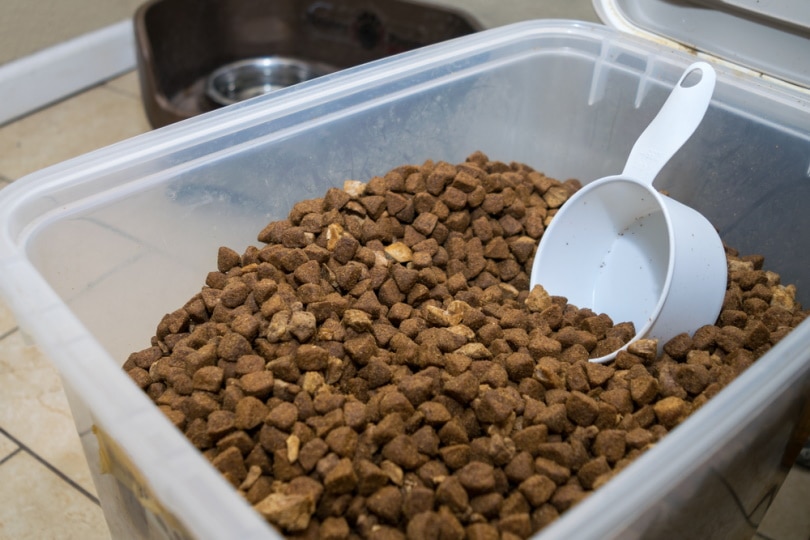

Are There Side Effects of Ethoxyquin?
Ethoxyquin is approved for use in dog food by regulatory bodies like the FDA and AAFCO. Before approval these bodies must assess the available scientific studies on safety. This led to the development of safe tolerance levels that were acceptable in food.
It’s crucial to remember that these potential side effects are associated with high levels of ethoxyquin exposure, and the amount present in dog food is regulated to be within safe limits. However, if you notice any unusual signs in your dog such as changes in behavior, eating habits, skin condition, or overall health, it’s always best to consult with a veterinarian.
If you need to speak with a vet but can't get to one, head over to PangoVet. It's our online service where you can talk to a vet online and get the personalized advice you need for your pet — all at an affordable price!
Autoimmune Disorders
One of the primary concerns that breeders and owners have was that ethoxyquin might lead to autoimmune disorders in dogs. Autoimmune disorders occur when the body’s immune system mistakenly attacks healthy cells, leading to a variety of health issues. However, the link between ethoxyquin and these disorders in dogs is not established.
Skin Problems
Another concern expressed by some pet owners and breeders is unexplained skin problems in dogs. These can range from rashes and irritation to hair loss. While some anecdotal reports suggest a link between these conditions and ethoxyquin, more research is needed to substantiate these claims. There are reports of skin sensitization in humans that work with ethoxyquin.
Liver Damage
Perhaps the most serious proposed concern is the potential for liver damage. Some studies suggest that ethoxyquin could potentially elevate some liver enzymes in dogs and result in pigmentation in the liver. This concern stems from laboratory studies on other animals, but the effects on dogs specifically are not well-studied. In addition, these abnormalities were noted when high levels of ethoxyquin were fed, well over the acceptable limits.
Reproductive Complications
Additionally, there have been suggestions that artificial preservatives like ethoxyquin could potentially impact the reproductive health of dogs, affecting fertility or leading to birth defects in puppies. Again, these effects are not well-studied and remain speculative. It may stem from the advice that p-phenetidine is potentially mutagenic but that more research is needed.

Frequently Asked Questions (FAQ)
How can I tell if my dog’s food contains ethoxyquin?
The ingredients of dog food should be listed on the packaging. If ethoxyquin is used, it should be listed.

Does ethoxyquin have any other uses?
Yes, apart from being used as a preservative in dog food, Ethoxyquin is also used to stop post-harvest scold on pears and rubber production processes.
Is ethoxyquin a natural or synthetic compound?
Ethoxyquin is a synthetic compound.
Is ethoxyquin a direct food additive?
No, while ethoxyquin is permitted in animal feed, it is not approved for use as a direct food additive in foods for human consumption.
How can I reduce my dog’s exposure to ethoxyquin?
To reduce your dog’s exposure to ethoxyquin, you can choose to feed them ethoxyquin-free dog food. Always check the ingredients listed on the packaging.

Conclusion
The use of ethoxyquin in dog food remains controversial, with some concerns about potential health impacts from pet owners. However, it’s approved for use in animal feeds by the FDA and AAFCO. Pet owners should make informed decisions based on their research and consult with a veterinarian if they have any concerns. The difficulty in the case of ethoxyquin seems to be that the research needed to reach clear scientific conclusions is not currently available.
Featured Image Credit: BearFotos, Shutterstock






